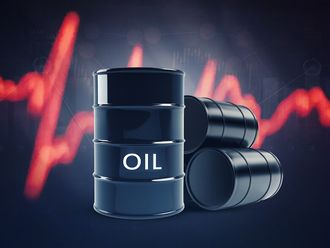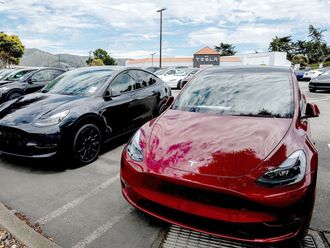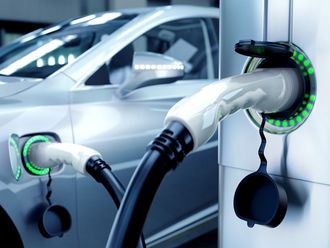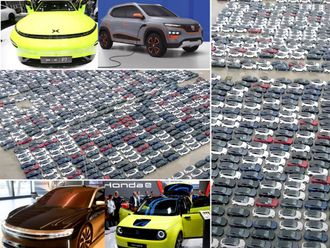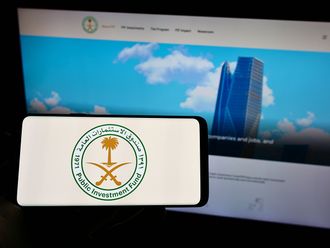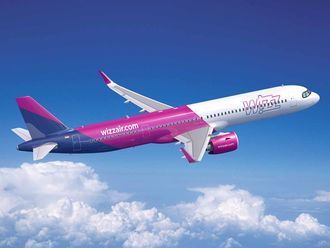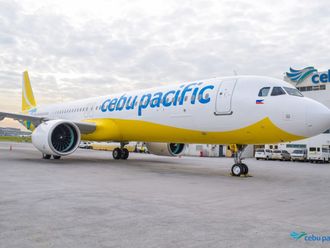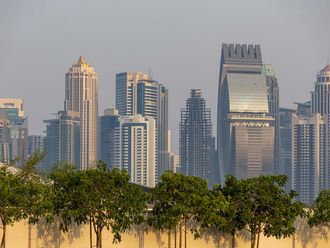State-owned Bahrain Petroleum Co (Bapco) plans to build a new hydrocracker and upgrade the existing one to produce low sulphur diesel at a cost of $660 million, Chief Executive Johann Lubbe said yesterday.
Lubbe told Reuters in an interview that the project was part of expansion programmes at the ageing Sitra Refinery expected to cost around $900 million. "The most significant project, at a cost of $660 million, will enable Bapco to produce transportation diesel of the highest quality in terms of sulphur levels and cetane index. Additional high quality jet fuel can also be produced," he said.
"We have changed the configurations. Bapco will now build a new hydrocracker as part of the project because we want to make various specifications of diesel," Lubbe said.
Bapco officials have earlier said the project to reduce the amount of sulphur in diesel oil to 0.05 per cent from the current level of about 0.5 per cent would cost $560 million. "The building of a new hydrocracker has changed the cost," Lubbe said. "Another (existing) hydrocracker will also be upgraded," he added.
Bapco runs the refinery which was built in 1936 and has a refining capacity of 250,000 barrels per day (bpd). Lubbe said the new hydrocracker, with a production capacity of 40,000 barrels per day (bpd) would be built next to the existing one, which has a production capacity of 45,000 bpd.
He said the project, involving upgrading some equipment and replacing older units, would extend the life of the refinery beyond 2015. "Further upgrading will be required as dictated by product specification changes and environmental considerations," he added.
Bankers have said that Bahrain would seek more than $1 billion in bank loans from September to finance the expansion plans and service the debts. Lubbe said most of expansion costs were expected to be financed by bank loans, but he declined to give details.
Bahrain in 1999 awarded International Bechtel Co a deal to conduct a Front End Engineering Design (FEED) study for the project. The study is expected to be completed in late 2002. Work on the project is expected to start in mid-2003 and be completed in 2004, Lubbe said.
Lubbe said the current upgrading of the plant was targeted to cater to market need over the next decade. "As far as the market is concerned, we expect that the market will change again after 2010," he said.
Lubbe said Bapco's current main fuel products are gasoline and middle distillate, including diesel and jet. "Around 55 per cent of our products are middle distillate," he said.
After the low sulphur diesel project is completed, Bapco's product of middle distillate will increase to around 58 per cent, he added. Lubbe said the refining market was under pressure. "The margin is very tight at the moment," he added, but gave no details.
Bahrain, a small and independent oil producer, pumps around 40,000 bpd from its own fields and imports around 200,000 bpd from Saudi Arabia for refining. It also gets the entire output of 140,000 bpd from an offshore field it shares with Saudi Arabia. Traders said Bahrain sells the crude in the international market.
Bahrain to invest $660m in low-sulphur diesel
State-owned Bahrain Petroleum Co (Bapco) plans to build a new hydrocracker and upgrade the existing one to produce low sulphur diesel at a cost of $660 million, Chief Executive Johann Lubbe said yesterday.


